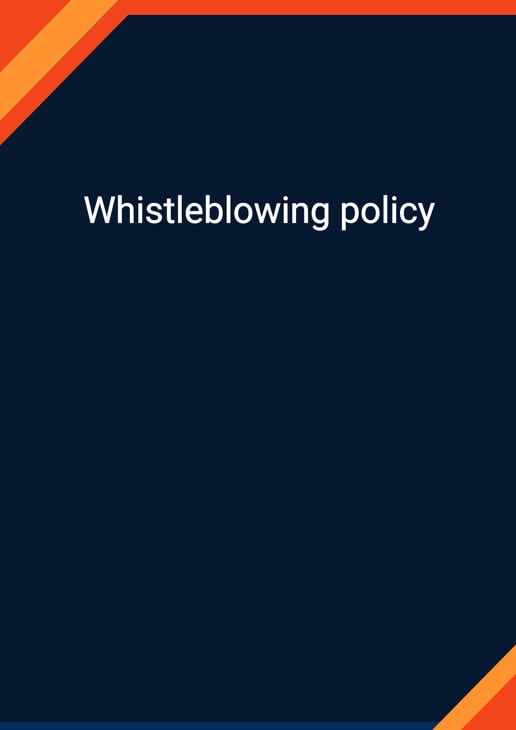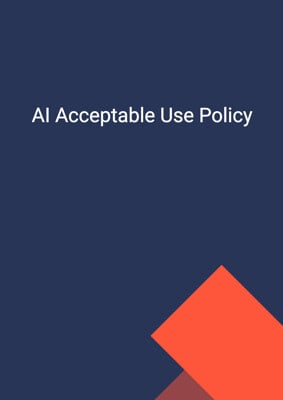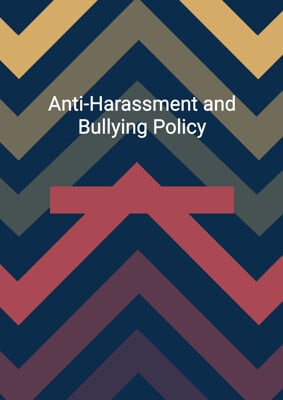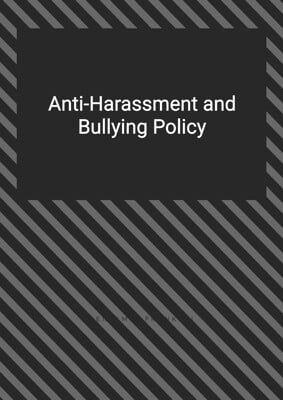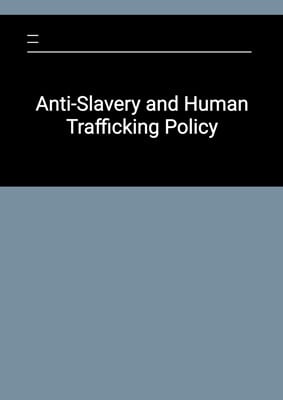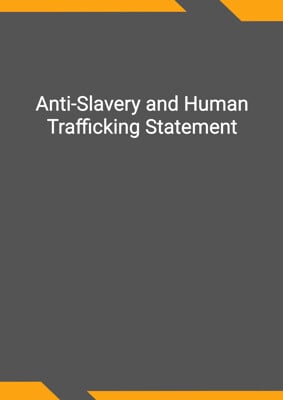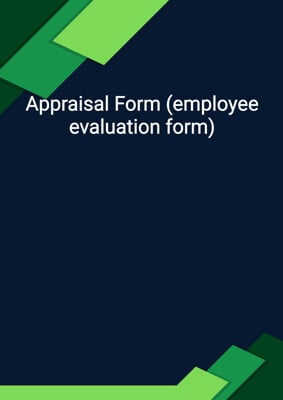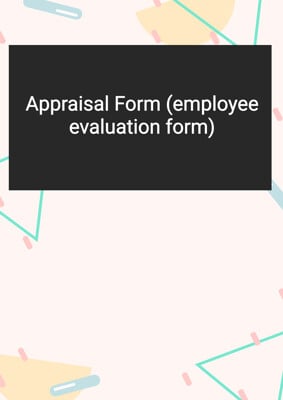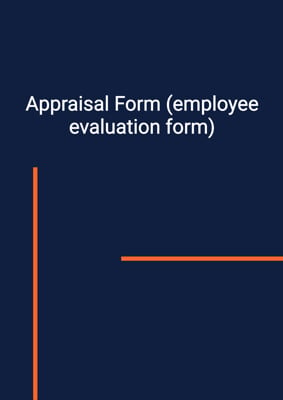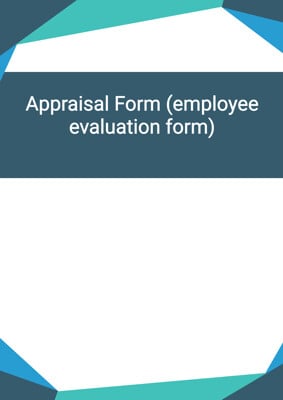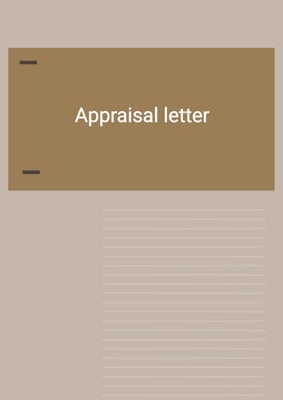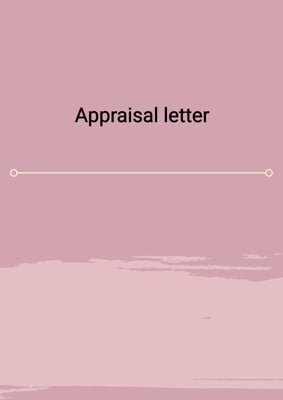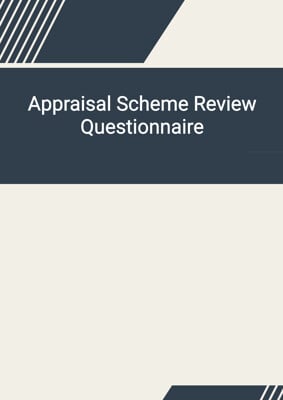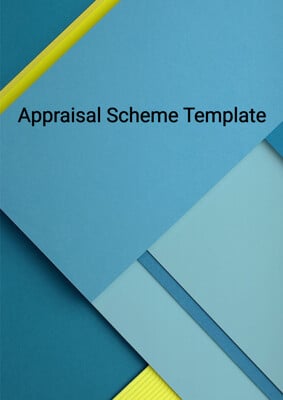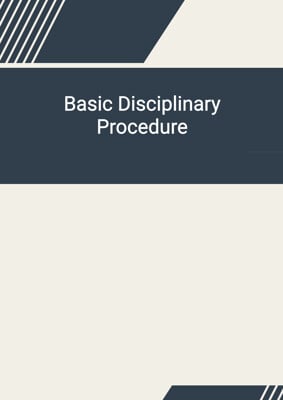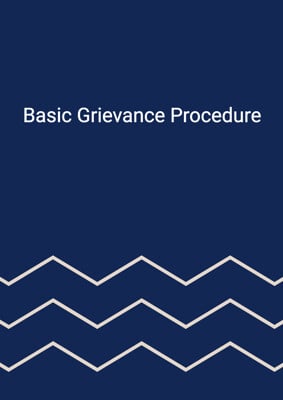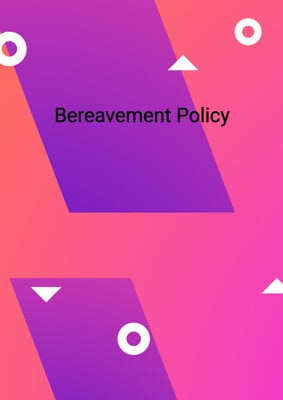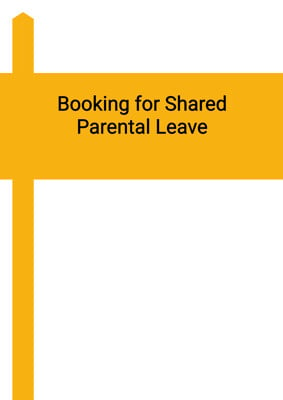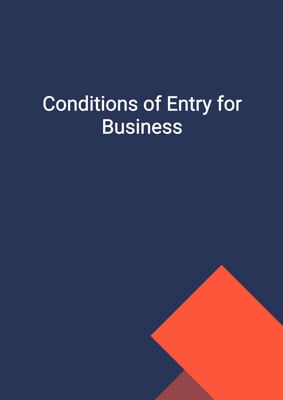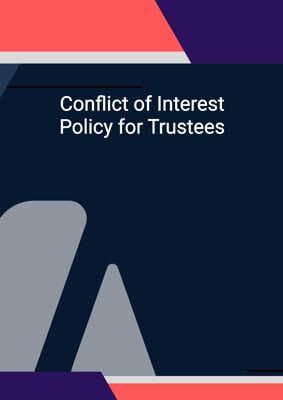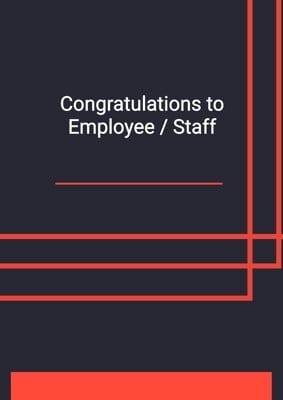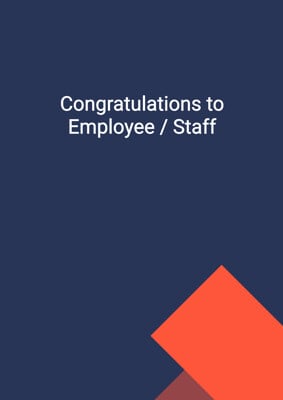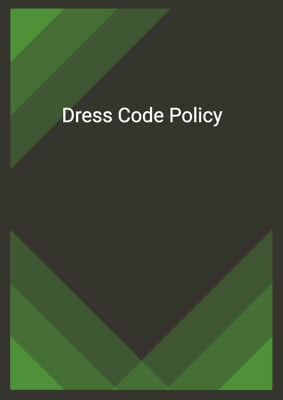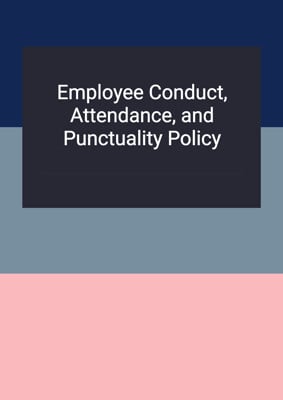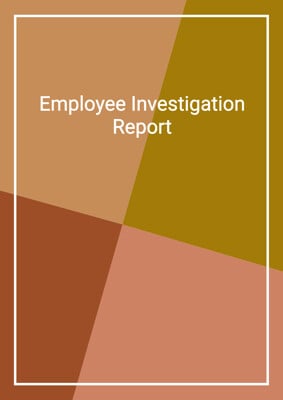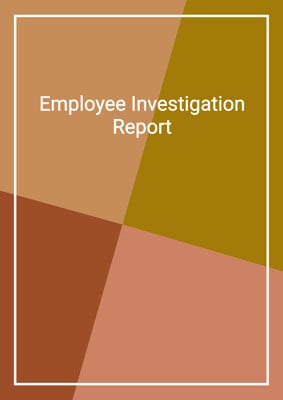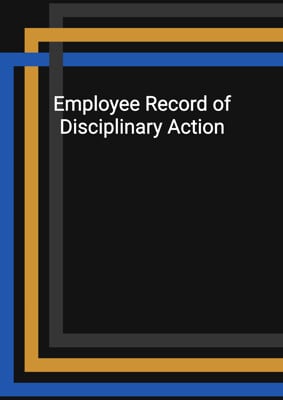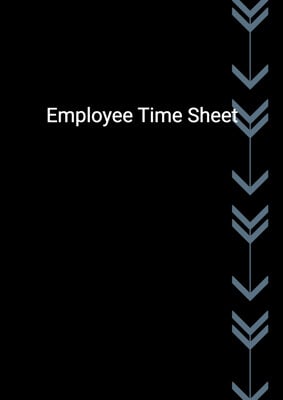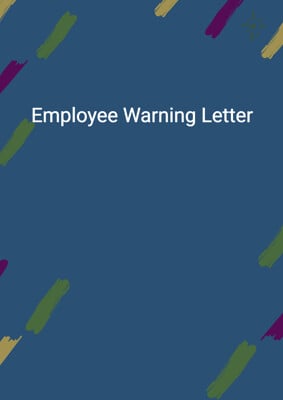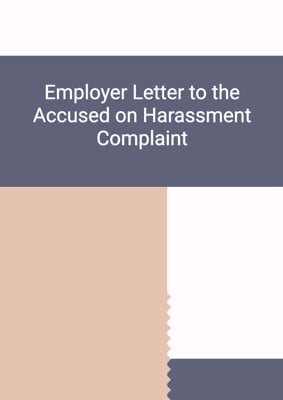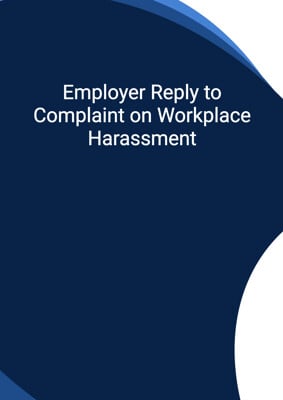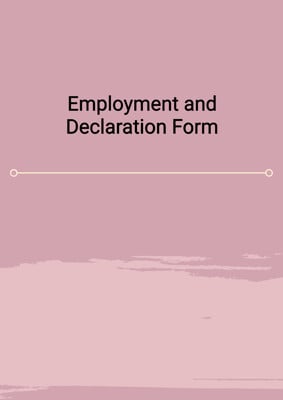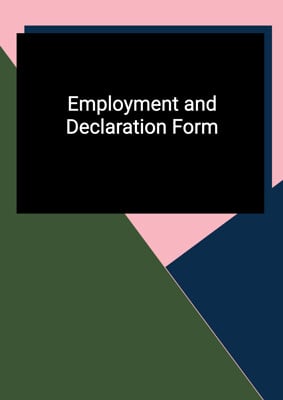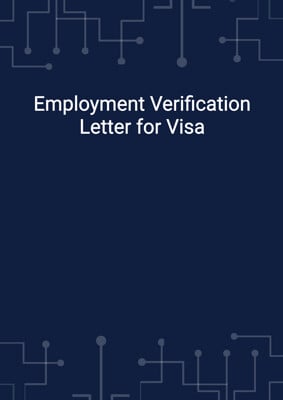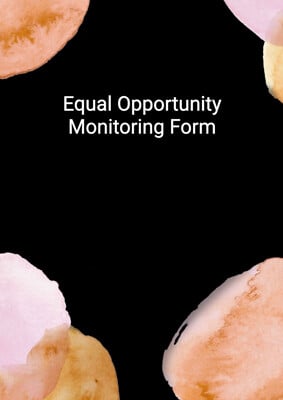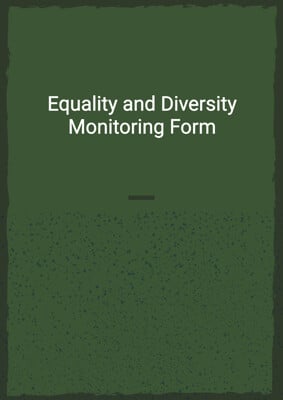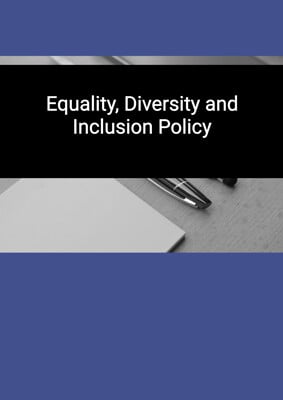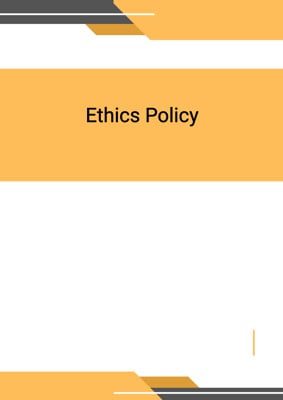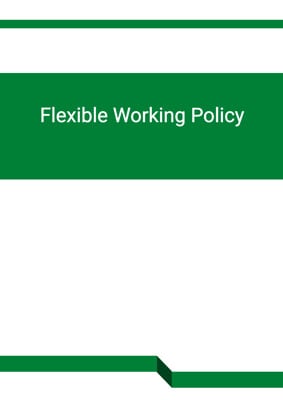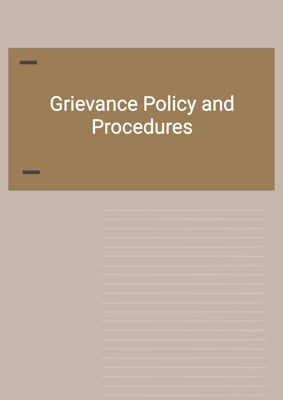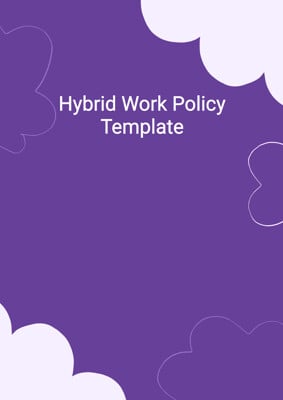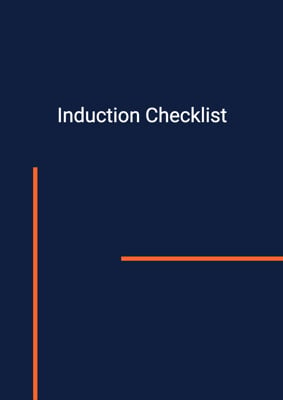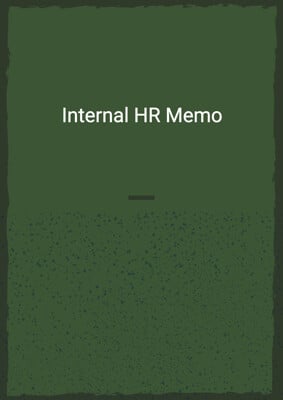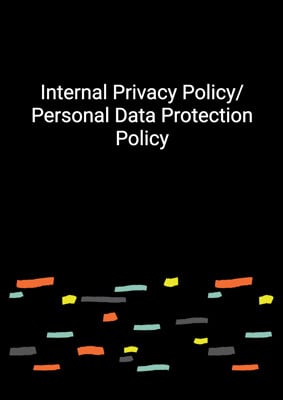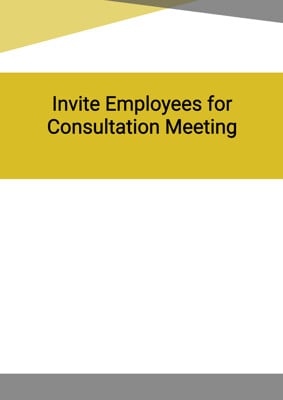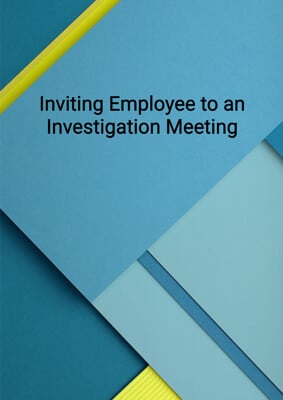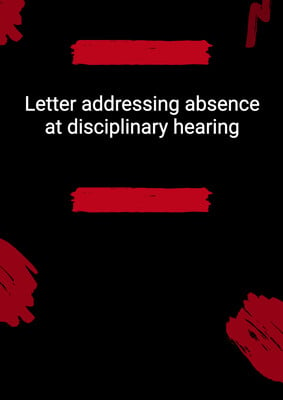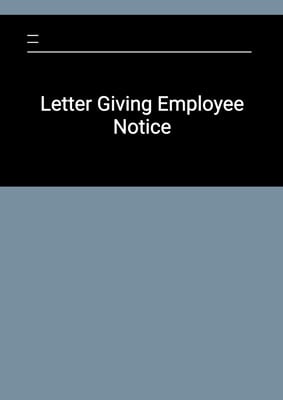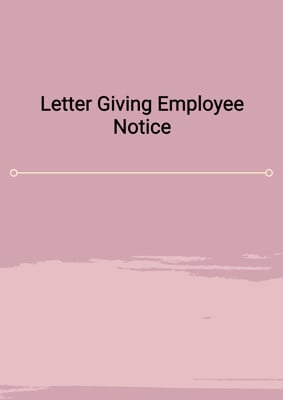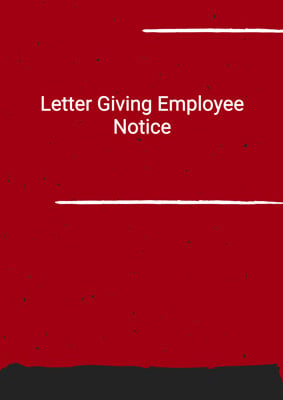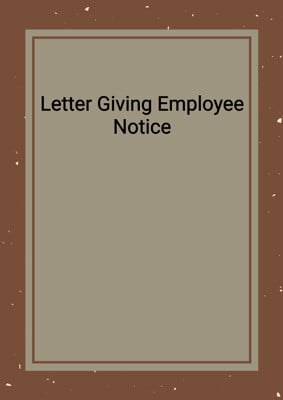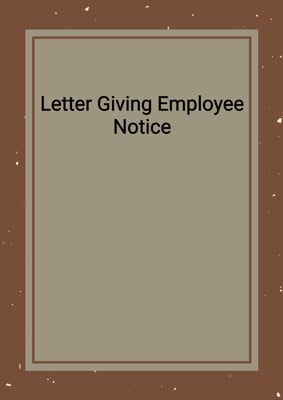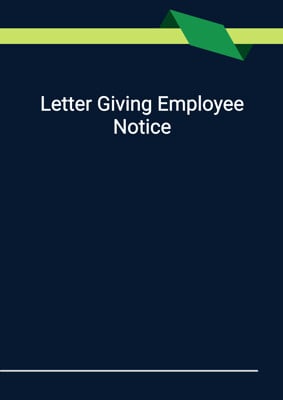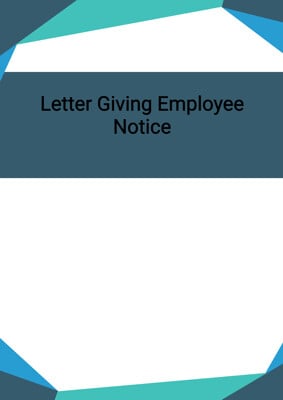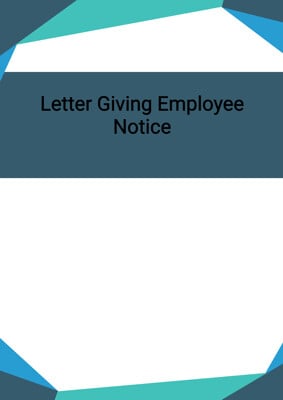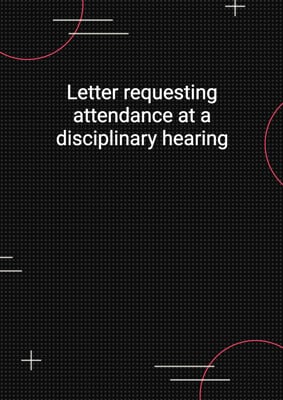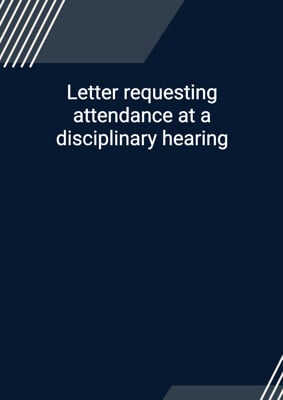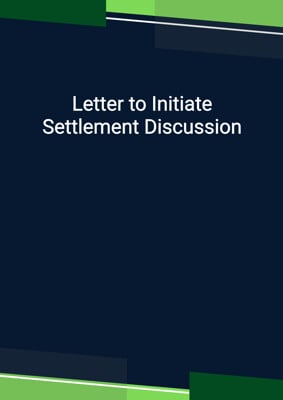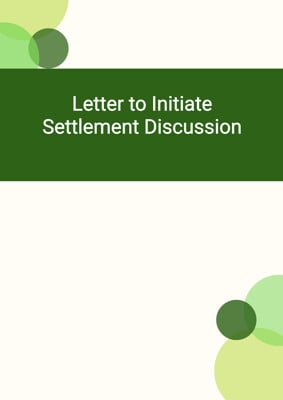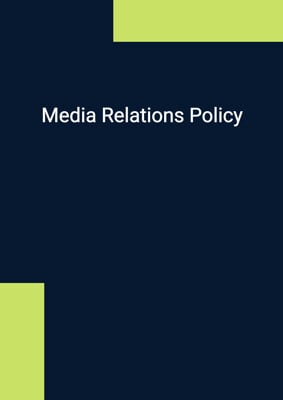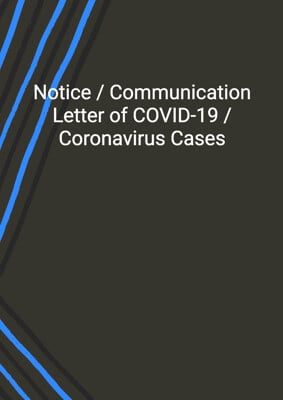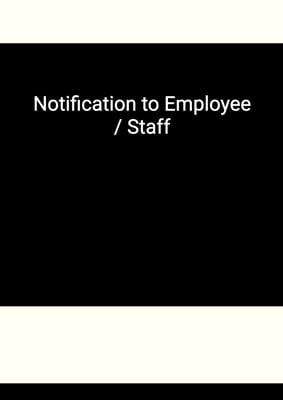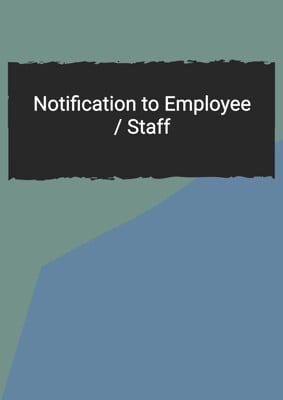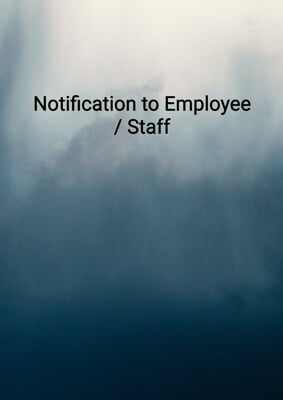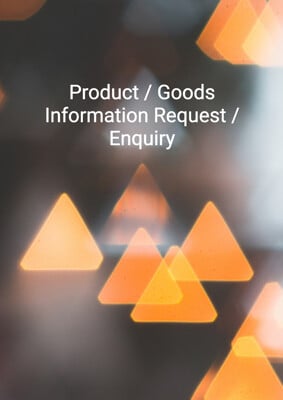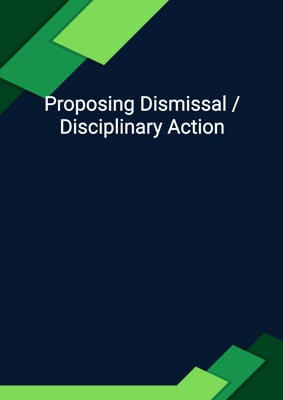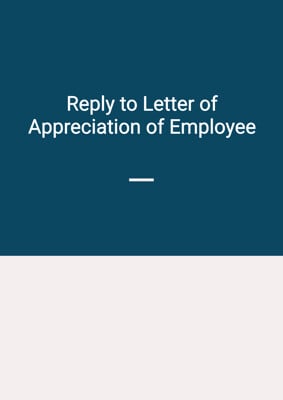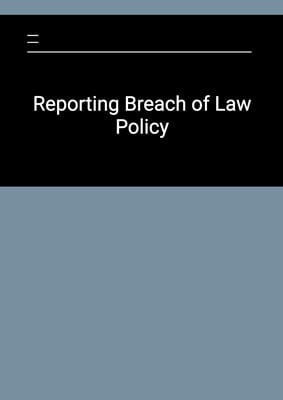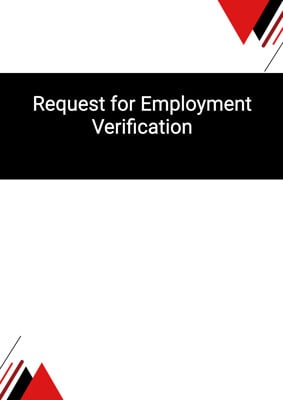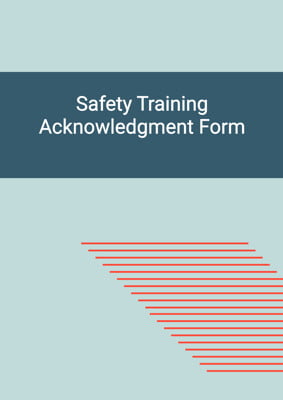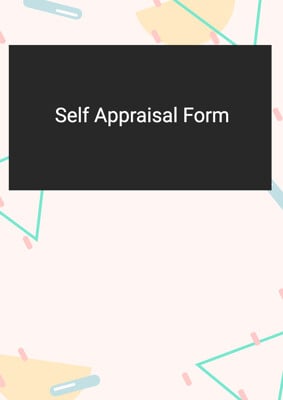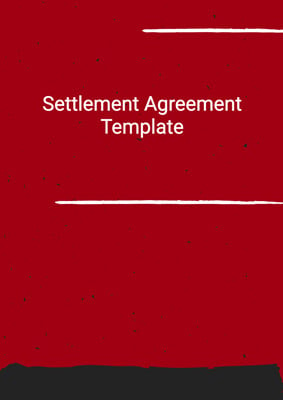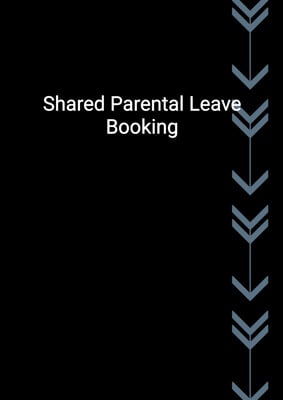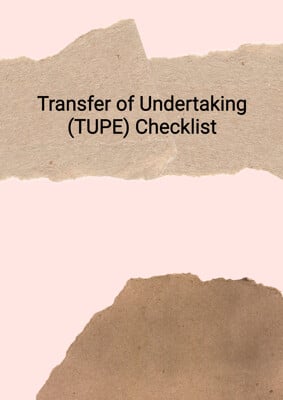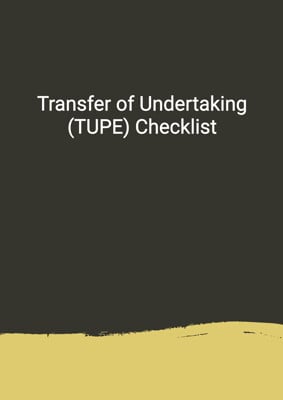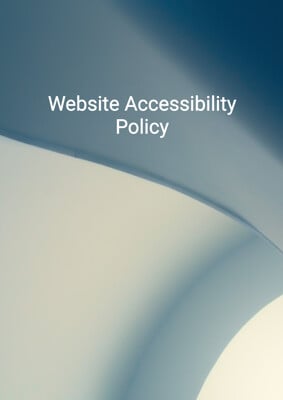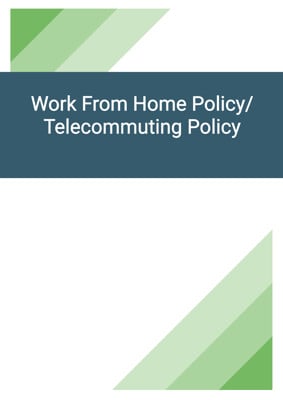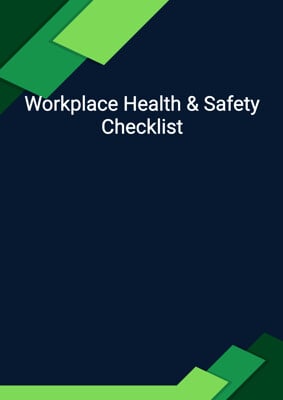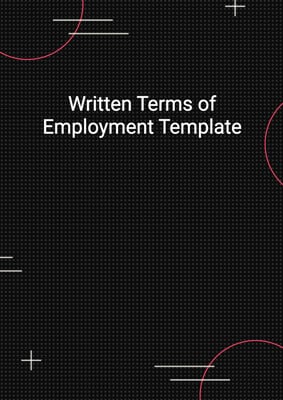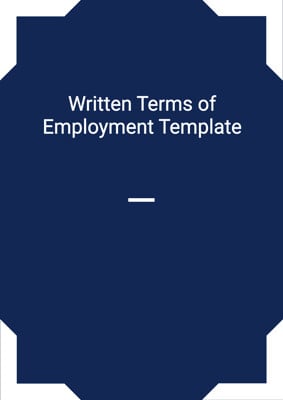How to Tailor the Document for Your Need?
01
Create Document
Click "Create Document" button and the document will be prepared with your account details automatically filled in.
02
Fill Information
Please fill in any additional information by following the step-by-step guide on the left hand side of the preview document and click the "Next" button.
03
Get Document
When you are done, click the "Get Document" button and you can download the document in Word or PDF format.
04
Review Document
Please review the document carefully and make any final modifications to ensure that the details are correct before publication / distribution.
Document Preview
Document Description
The document titled 'Whistleblowing policy' is of utmost importance for Account Job Company as it aims to maintain high standards and integrity in conducting business. The document provides a detailed introduction to the entire policy and each section.
1. About this policy: This section emphasizes the commitment of the company to transparency and open culture. It encourages staff to report any suspected wrongdoing or breaches of duties, ensuring their protection and confidentiality.
2. Personnel responsible for the policy: This section highlights the roles and responsibilities of the board and the whistleblowing officer in overseeing and reviewing the policy's effectiveness. It emphasizes the importance of staff referring to the policy and providing feedback.
3. What is whistleblowing?: This section defines whistleblowing as the disclosure of information related to suspected wrongdoing or dangers at work. It provides a comprehensive list of examples of such conduct.
4. Raising a whistleblowing concern: This section guides employees on how to raise concerns, starting with their line manager and escalating to the whistleblowing officer or other designated contacts if necessary.
5. Confidentiality: This section assures employees that their identity will be kept confidential when raising concerns. It discourages anonymous disclosures and provides guidance on seeking help and advice.
6. Investigation and outcome: This section explains the process of assessing and investigating concerns, appointing investigators if needed, and maintaining confidentiality. It also emphasizes the prohibition of making false allegations.
7. If you are not satisfied: This section acknowledges that the outcome sought by the employee may not always be guaranteed and provides contacts for further assistance.
8. External disclosures: This section advises employees on when it may be appropriate to report concerns to external bodies and provides guidance on seeking advice.
9. Protection and support for whistleblowers: This section assures employees that they will be protected from detrimental treatment and outlines the company's policy on retaliation.
10. Contacts: This section provides the contact information for the whistleblowing officer, head of legal, and the confidential hotline.
How to use this document?
1. Raise concerns with your line manager, either in person or in writing, ensuring privacy. Your line manager will evaluate the situation and take appropriate action.
2. If the concern is severe or not adequately addressed by your line manager, contact the whistleblowing officer, the confidential hotline, the CEO, or the head of legal.
3. Arrange a meeting to discuss your concern, and you may bring a colleague or union representative as a companion. After each meeting, you will receive a summary of your concern and proposed resolutions.
4. Confidentiality is maintained, but anonymous disclosures are discouraged. Seek help from the whistleblowing officer if concerned about reprisals.
5. The company will assess the concern and may appoint an investigator or team. Specific details may not be disclosed due to confidentiality.
6. Making false allegations intentionally and maliciously is strictly prohibited and may result in disciplinary action.
7. If unsatisfied with the handling of the concern, contact the key contacts provided in the policy.
8. External disclosures should be considered carefully, and advice should be sought before reporting concerns to external parties.
9. Whistleblowers are protected from detrimental treatment, and any such treatment should be reported to the whistleblowing officer or through the grievance procedure.
10. Contact the whistleblowing officer, head of legal, or the confidential hotline for further assistance.
Not the right document?
Don’t worry, we have thousands of documents for you to choose from:
